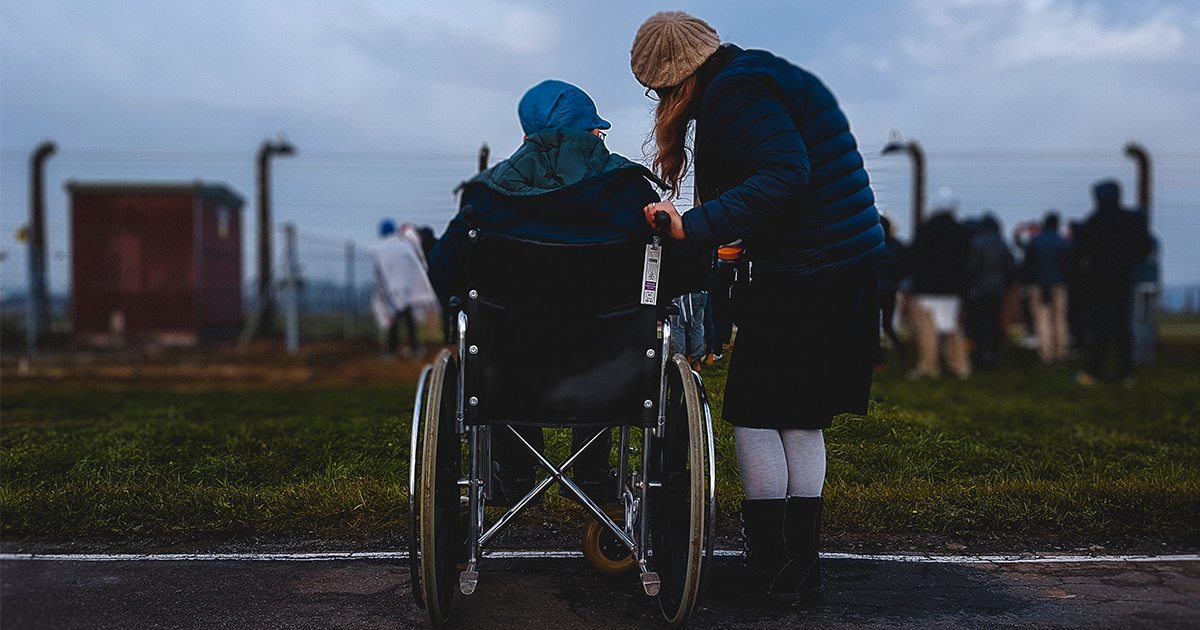Category: Pleural Mesothelioma

Study Shows Pleural Mesothelioma Patients Live Longer With Trimodal Therapy
One of the biggest challenges in pleural mesothelioma care is determining which treatments to use on patients.
Oncologists are faced with deciding if a patient will benefit from surgery, chemotherapy or radiation, or a combination of the three.
Although each case is different, when mesothelioma patients are candidates for all of the options, which approach is the best?
Researchers report the results of a recent in-depth review of thousands of mesothelioma patient records points to the best survival when all three therapies are used.
A team of researchers from The University of Texas MD Anderson Cancer Center selected 20,561 malignant pleural mesothelioma (MPM) patient records, from the National Cancer Database for the years from 2004 to 2014, to evaluate patient survival. Noting that MPM is an “aggressive and rapidly fatal disease,” the team set out to determine the key predictors of mesothelioma patient survival.
Specifically, the team wanted to assess the difference in patients who first had mesothelioma surgery, then went on to have chemotherapy and/or radiation versus patients who did not have surgery.
The team narrowed the number of patients evaluated down to 6,645 from the initial selection and compared the results of patients with the following breakdown of treatment approaches:
- 2,166 underwent no therapy
- 2,015 underwent chemotherapy alone
- 850 underwent cancer-directed surgery alone
- 988 underwent surgery with chemotherapy
- 274 underwent trimodality therapy
The remaining 352 patients underwent another combination of surgery, radiation, or chemotherapy.
Although the researchers found that while any of the treatments alone were associated with improved survival, when chemotherapy and radiation followed cancer-directed surgery the” largest estimated effect was realized.”
Most importantly, patients diagnosed with epithelioid mesothelioma, the most common and treatable histological subtype of mesothelioma diagnosed in more than half of all mesothelioma cases, who received trimodal care had a median survival of 23.4 months vs. 14.5 months.
The team concluded that for mesothelioma patients, “Surgery-based multimodality therapy was associated with improved survival and may offer therapeutic benefit among carefully selected patients.”
MD Anderson’s Mesothelioma Program is comprised of a team of more than 30 experts representing medical oncologists, surgeons, radiation oncologists, pulmonologists and pathologists who work closely together to customize the best treatment for each patient.
Everyone on the team is considered an expert in their field and in mesothelioma. The Center cares for more patients with mesothelioma than almost any other center in the U.S., according to its website.
Read the full study in the Aug. 17 issue of Journal Of Clinical Oncology.

Researchers Report the EGFR Gene Found in Mesothelioma Silences Tumor Suppression Leading to Uncontrolled Growth
The epidermal growth factor receptor (EGFR) gene has been the focus of researchers for finding new, effective treatments for both lung cancer and mesothelioma patients. The gene, that is overexpressed in more than 50% of pleural mesothelioma patients, and in approximately 15% of lung cancer patients, is one of the primary targets for bringing personalized care to the cancer patients. Now, researchers report they understand just how the gene impacts cancer growth.
Researchers from Yale are referring to the EGFR gene as the “silencer” gene, because, they say, it “silences genes that typically suppress tumors.” The team, led by Narendra Wajapayee, assistant professor of pathology and a member of Yale Cancer Center, report in a June 23 press release, that this critical finding “may lead to the development of more effective, individualized treatment for patients with lung cancer and other cancer types.”
Wajapayee and the team found that EGFR negatively regulated the TET1 protein, important for controlling gene expression and required to suppress tumors, allowing the cancer cells continue to grow and divide.
“EGFR can target multiple unrelated tumor suppressor genes in different cancer types using a common mechanism,” said Wajapayee.
Approximately 2,500 to 3,000 Americans are diagnosed with mesothelioma, an asbestos-caused cancer, each year. Most people diagnosed with mesothelioma are retired workers and veterans who were exposed to asbestos in a workplace or during military service decades ago. The most common form of the cancer is malignant pleural mesothelioma, affecting the lining of the lungs. Disease symptoms can take between 15 and 60 years to appear.
Mesothelioma often resists standard treatments and can build up a resistance to the powerful chemotherapy drugs used to attack the aggressive cancer. Although even targeted EGFR inhibitors can eventually become ineffective, personalized cancer treatment targeted to the unique characteristics of the patient optimizes the potential for success of the treatment.
“The finding informs the future direction of research and treatment of patients who don’t respond or develop resistance to drugs that inhibit EGFR,” said Wajapayee . “It will also help determine how effective cancer therapies will be against different EGFR mutations.”
The results of the study can be found in the June 23 issue of Cell Reports.
Sources:
- Researchers from Yale
http://news.yale.edu/2016/06/23/silencer-study-reveals-how-cancer-gene-promotes-tumor-growth - Cell Reports
http://www.cell.com/cell-reports/fulltext/S2211-1247(16)30700-8
Free Mesothelioma Patient & Treatment Guide
We’d like to offer you our in-depth guide, “A Patient’s Guide to Mesothelioma,” absolutely free of charge.
It contains a wealth of information and resources to help you better understand the condition, choose (and afford) appropriate treatment, and exercise your legal right to compensation.
Download Now